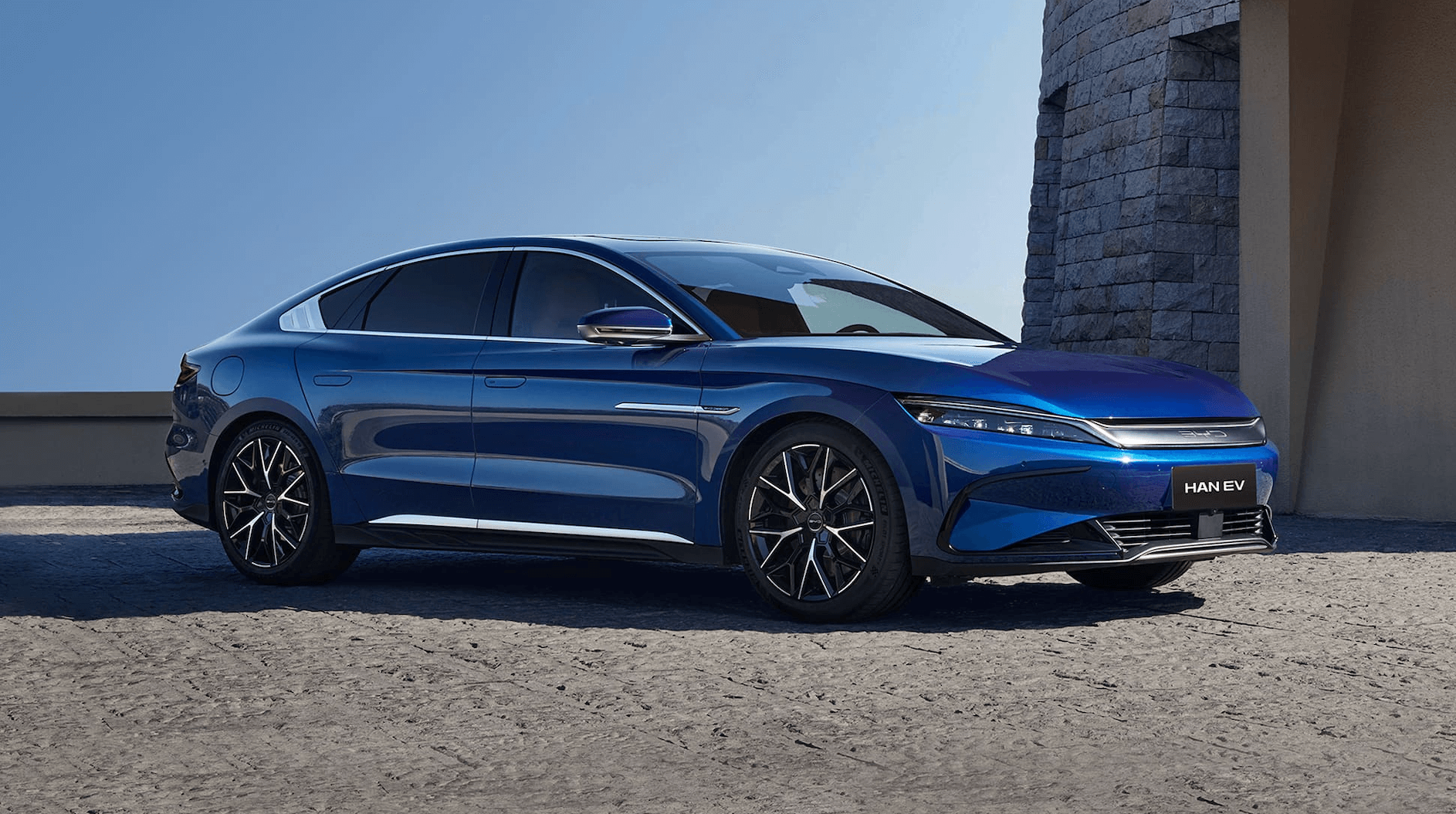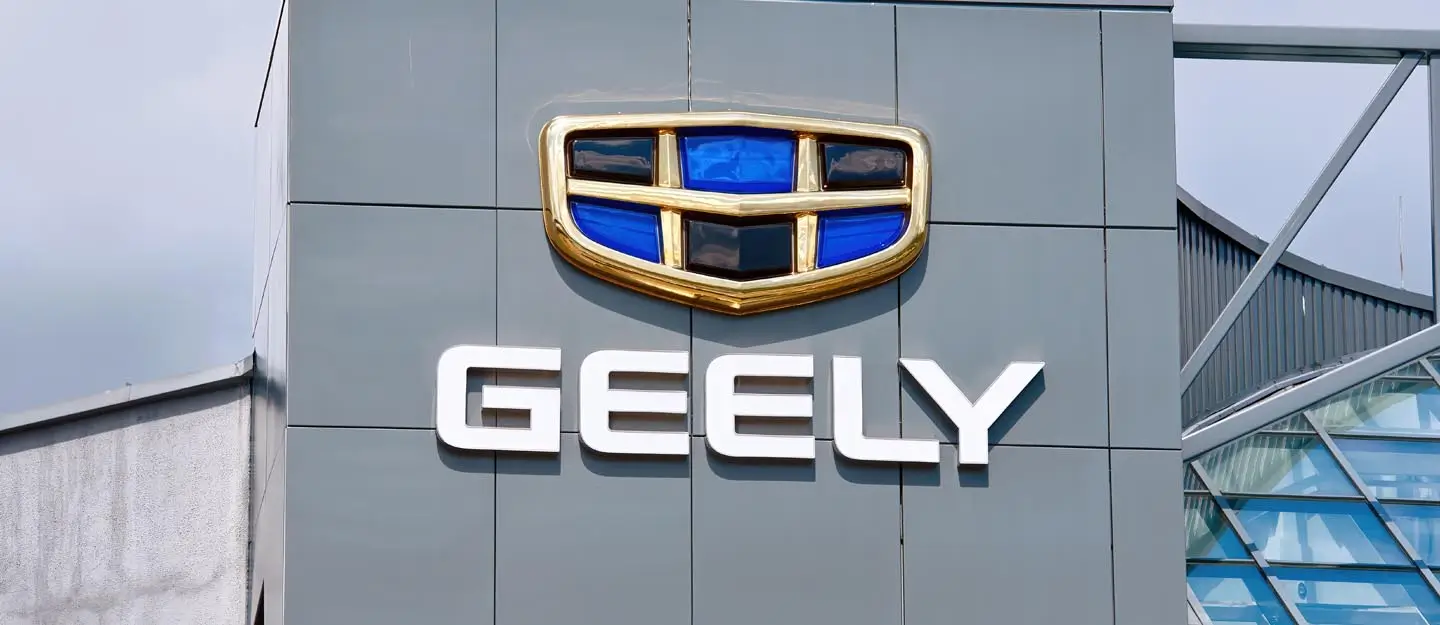The Decline of American Automakers in China: A Wake-up Call (PDF)

Increasingly, Chinese-made cars, including electric vehicles (EVs), are displacing popular American auto brands in China, the world’s largest car market. GM’s car sales in China dropped by 20% last year, whereas Ford’s fell by 33.5%. In the EV market, this trend is especially concerning to American car companies. According to Edison Yu, a Deutsche Bank analyst, “It’s pretty much the consensus belief that US automakers are becoming increasingly irrelevant” in China.
The Rise of Chinese EV Makers in China
Chinese electric vehicle manufacturers have been gaining ground in their home market, with a 17% increase in their market share in 2022. In contrast, foreign automakers, including those from the US, saw their market share drop by 11%. Chinese car companies have been successful in building high-quality electric vehicles at more affordable prices, which has made them increasingly popular with consumers. This has led to a significant decline in the presence of US automakers in China, prompting them to reconsider their strategies in the country amid the escalating political tensions between China and the US.
To thrive in China’s competitive automotive market, American car manufacturers must be bold and aggressive, as per Yu’s observation. However, joint ventures with Chinese brands have allowed them to acquire industry expertise, making the Chinese market increasingly challenging for US automakers. Consequently, US companies will focus more on electric vehicles in their home market, where they have a dependable and loyal customer base. Nevertheless, the ongoing price war in the electric vehicle industry led by Elon Musk and other manufacturers necessitates that US car companies adjust their prices to stay competitive.
The Stalemate Between China and America
As US automakers continue to struggle in China, the pandemic has forced them to reevaluate their strategies and focus on the markets with the highest profit margins. GM has led the way by pulling out of unprofitable markets such as Europe, Russia, India, and Australia, but is still facing challenges to defend its market share in China.
While American automakers are doubling down on the US market, the move is not without risks as Chinese car makers are aggressively pursuing European consumers. Moreover, there are concerns that Chinese automakers may eventually make a play to disrupt the US market, even though no Chinese car brands are currently available for sale in the US. As a result, American automakers face a difficult balancing act between minimizing risks and seizing opportunities in the global market.
In the wake of the current stalemate between China and the US, American automakers may double down on their efforts in the US market, but this may not be enough to offset China’s losses. In order to remain competitive, US car companies must rethink their strategy and adapt to the changing dynamics of the global auto market.




